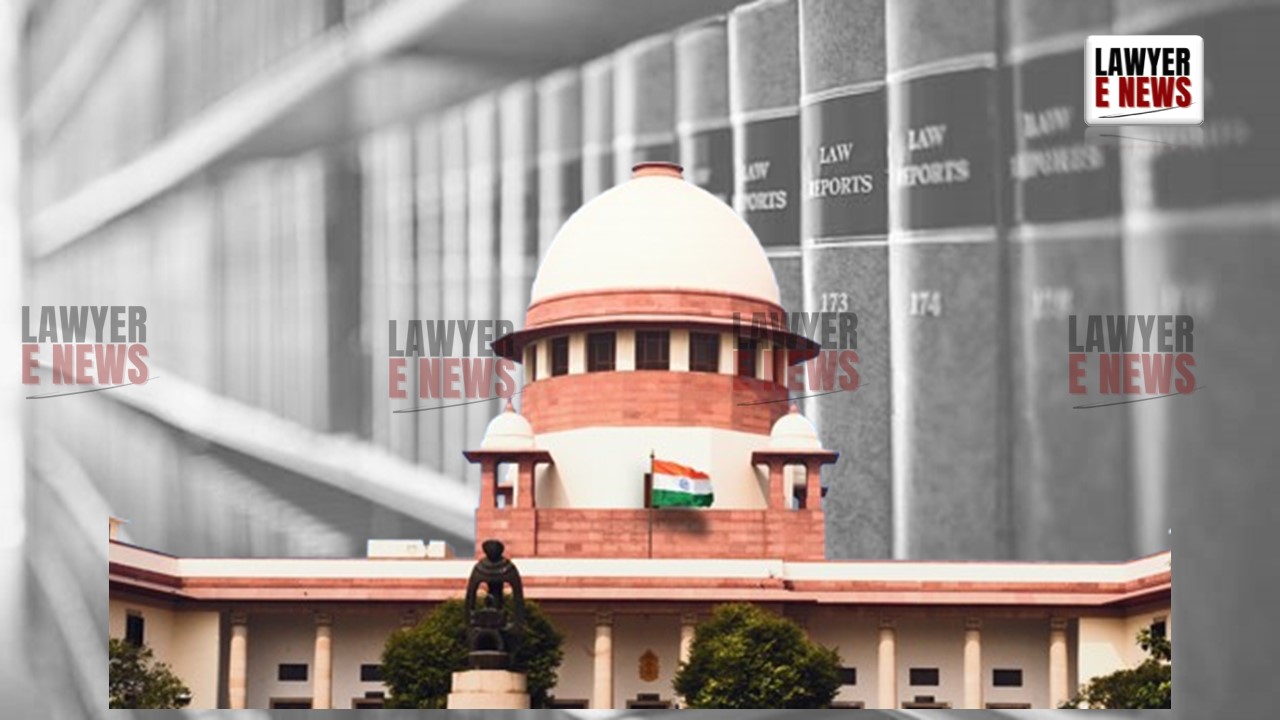-
by Admin
15 February 2026 5:35 AM



In a significant move, the Supreme Court of India on October 21 decided to establish guidelines on the conduct of Advocates on Record (AoR) after discovering false statements made to seek remission for a client. The bench, comprising Justices Abhay S Oka and Augustine George Masih, appointed Senior Advocate Dr. S Muralidhar as amicus curiae to assist the court in this matter.
The case involved Senior Advocate Rishi Malhotra and AoR Jaydip Pati, who filed affidavits regarding the false statements. The bench observed that both advocates were blaming each other for the discrepancies, with Justice Oka stating, "The AoR says he acted on instructions of the Senior, the Senior says he gave no such instructions. There is ex facie misconduct in terms of Supreme Court Rules."
The court emphasized the need to correct the system, rather than proceeding against individuals. While allowing Malhotra to withdraw his affidavit and file a revised one, the court highlighted that in several remission cases, false statements had been made, raising serious concerns about the conduct of AoRs.
Guidelines for AoRs Under Consideration
The bench noted the significance of the role played by AoRs, stating, "This case raises issues of great concern in so far as the responsibility of advocates on record of this court are concerned." Justice Oka referred to Explanation A to Rule 10 of Order 4 of the Supreme Court Rules, 2013, which outlines the crucial responsibility of AoRs, as litigants cannot seek redressal in the Supreme Court without their assistance.
The court called for framing guidelines to ensure proper conduct of AoRs, and the Supreme Court Advocates-on-Record Association (SCAORA), represented by its President, Vipin Nair, agreed to assist in the process. SCAORA's office bearers were asked to collaborate with the amicus curiae to provide suggestions for these guidelines.
Previous Case of Forgery Raises Alarm
This issue has surfaced amidst a broader concern about misconduct in legal representation. The Supreme Court recently ordered a CBI inquiry into a case where a fake Special Leave Petition (SLP) was filed by forging the client’s signature without his knowledge.
The matter will next be heard on November 11, with the court aiming to establish a framework that upholds the integrity of legal proceedings.
Jitender @ Kalla v. State (Govt.) of NCT of Delhi & Anr.
Petition for Special Leave to Appeal (Crl.) No. 4299/2024
